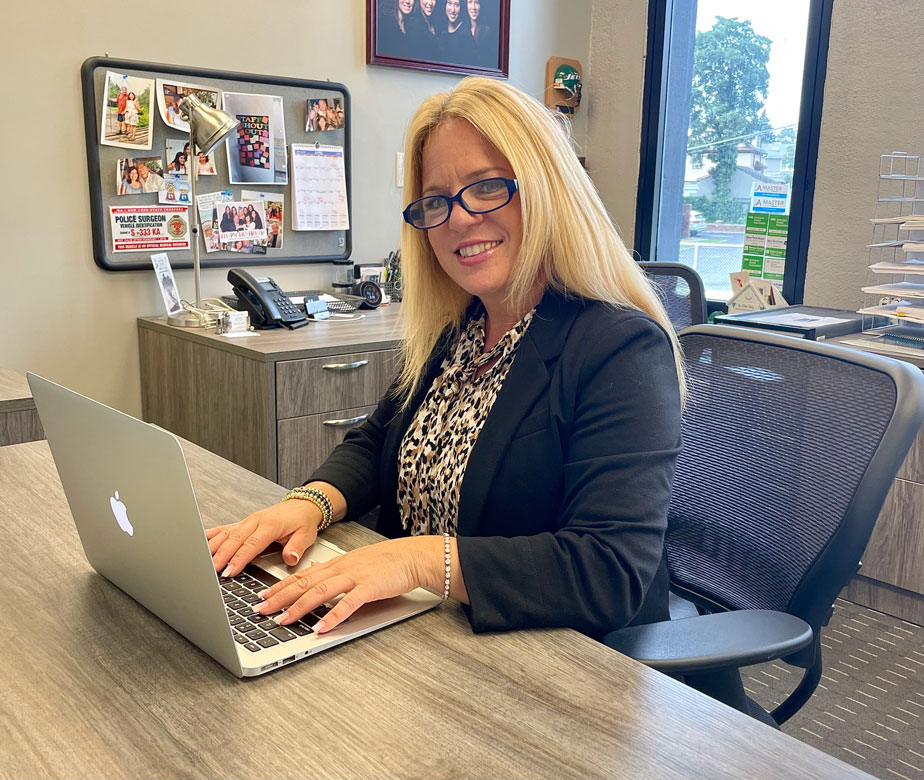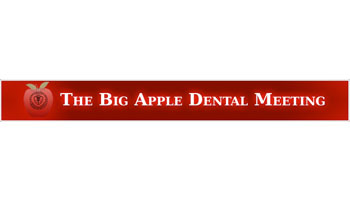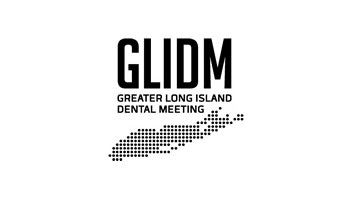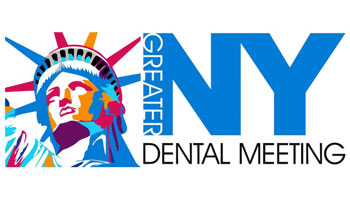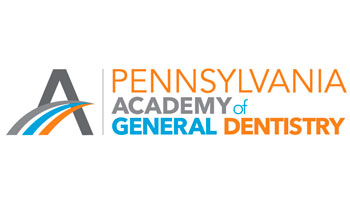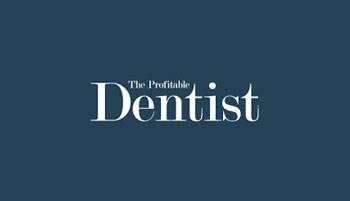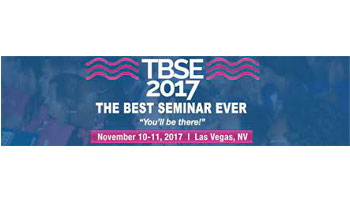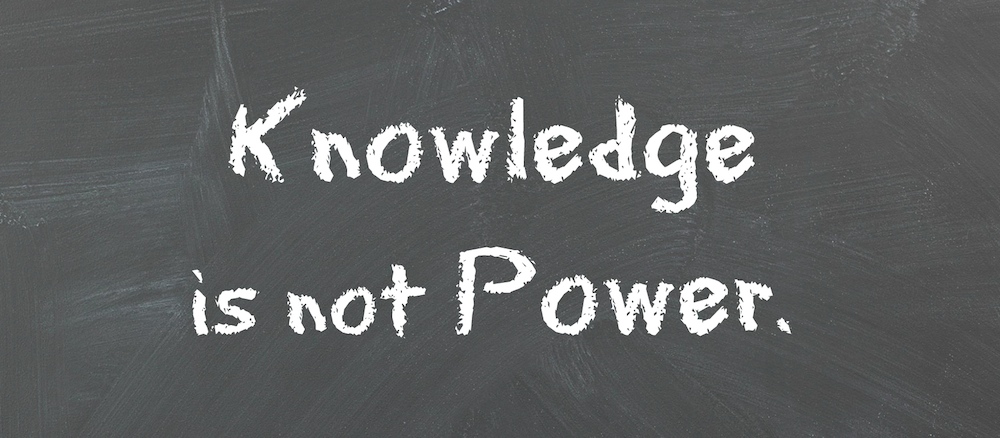
Knowledge Is Not Power
We are all familiar with the term “Knowledge is power”. Our teachers told it to us when we were growing up to inspire us to want to learn. Business leaders and authors depend on this premise in the hope that we will buy their products or read their books. Quite a few of us probably even heard our parents say this from time to time in the hope that we would take school more seriously. If only knowledge were so powerful.
For many years I have attended a seminar series sponsored by the Peninsula Hospital Dental Society. While the hospital is no longer in operation, that seminar series has continued. I have always been thoroughly impressed with the caliber of the speakers who have presented in this lecture series. Last year, for example, I had the privilege to see in consecutive months, Dr. Dennis Tarnow and Dr. Maurice Salama, arguably two of the most recognized dental implantologists in the country. There were roughly 200 dentists in the room for each of those lectures. Both gentlemen gave very impressive presentations and showed slides of incredibly beautiful, complex and difficult cases. I am very fortunate to have a practice that enables me to do several cases each year that resemble the cases that were presented by the lecturers. From meeting many of the dentists who attend those lectures, I have learned that most of them do not get to do cases like the ones presented. It is not that they lack an understanding of the clinical or technical aspects of the treatment. Instead, it is that they have not been able to master the skills necessary to inspire patients to want that level of care and then follow up with the systems and skills necessary to enable the treatment to be done.
If the smartest person in the world were able to instantly memorize every bit of information that he could from books, lectures and videos and then kept to himself, not doing anything with the knowledge, would he have power? The answer to this is that he clearly would not. What if a different person, a slow learner, worked at a grocery store stocking groceries on the shelves? What if he mentioned to his manager that he had noticed that customers who purchase tortilla chips often go to the canned food aisle to then purchase dip and salsa and suggested that they move these items to the snack food aisle. My guess is that salsa sales would increase and the store would benefit greatly from the increased sales.
We routinely have our coaching clients track various metrics in their practices. Merely monitoring these numbers and trends, however, does little to affect change. When you use calculations of hourly production to understand the impact of treating multiple teeth whenever possible, or of incorporating associated services, such as fluoride and sealants into hygiene appointments, you begin to feel the benefit of applying knowledge. When we do an end-of year SWOT analysis of the performance of a practice, merely identifying strengths, weaknesses, opportunities and threats does not bring about change. It is when we use this information to develop strategies to enhance strengths, minimize weaknesses, increase opportunities and eliminate threats, that we facilitate meaningful improvement and growth in our practices.
Knowledge does have a lot to do with the amount of success we achieve, but it is pretty much useless unless you learn how to apply it. Once we have gained our clinical knowledge it is even more important to master communication skills and to master an understanding of the forces that convert patients needs to wants. It is the emotional factors more than the knowledge of facts that will inspire our patients to follow through with treatment. They Didn’t Teach Us THAT In Dental School (What a great name for a book!!!) They taught us clinical skills to complete minimally acceptable graduation requirements but they didn’t teach us how to succeed in dentistry. They didn’t teach us how to enjoy practicing dentistry. And they certainly didn’t teach us that the ultimate purpose of practicing dentistry was far beyond fixing teeth, but rather that we truly possess the ability to make a difference in people’s lives.
In order to accomplish this, we need to not only learn how to apply our dental knowledge, but how to apply life skills and experience in relationships and communication to our clinical knowledge base. When we can do this creatively, and enthusiastically our patients become inspired and we are able to help them receive the type of care we admire from some of the wonderful clinical presentations we regularly attend.
